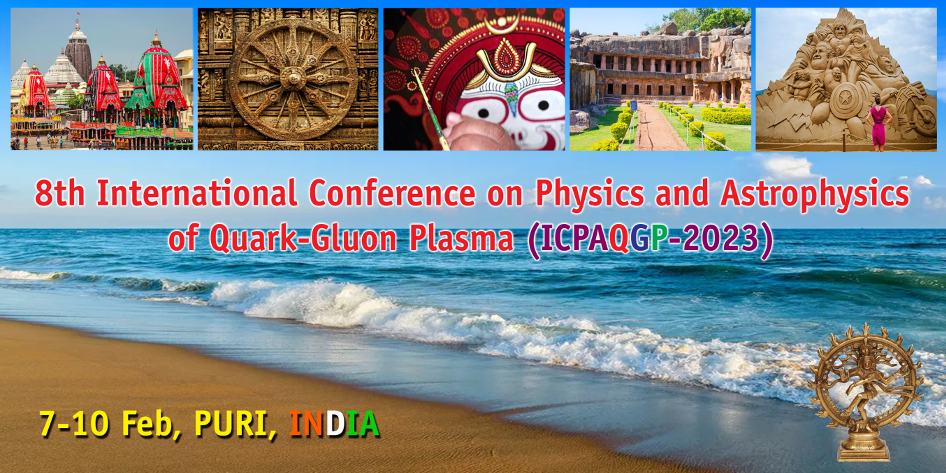Speaker
Description
Relativistic dissipative hydrodynamics is an efficient tool to explore the collective behavior of strongly interacting QGP (Quark Gluon Plasma) medium produced in heavy-ion collision experiments. This effective theory relies on some necessary microscopic inputs and relativistic kinetic theory often serves as the source. Within this statistical framework the dissipative quantities can be expressed in terms of the out of equilibrium phase space distribution functions, employing the Boltzmann equation. The Relaxation Time Approximation (RTA) simplifies the incorporation of the microscopic interaction to the Boltzmann equation via a single parameter known as relaxation time. However, as an artifact of this simplification, one needs additional matching conditions to satisfy the conservation laws of energy-momentum and number current. In this work, we have derived the relativistic dissipative hydrodynamics from a more general Bhatnagar-Gross-Krook (BGK) approximation which converges to the RTA description as a limiting case. The BGK kernel conserves the number current by construction and thus no specific matching condition for the same is necessary. This additional freedom leads to a class of physically consistent hydrodynamic descriptions constrained by a single matching condition ensuring energy-momentum conservation. This framework provides a platform to explore the effects of general matching conditions on transport coefficients and their deviation from the usual RTA prescription. We have also proposed a modified BGK collision kernel which can be particularly useful for systems with vanishing net baryon density and derived relativistic dissipative hydrodynamics from it.

